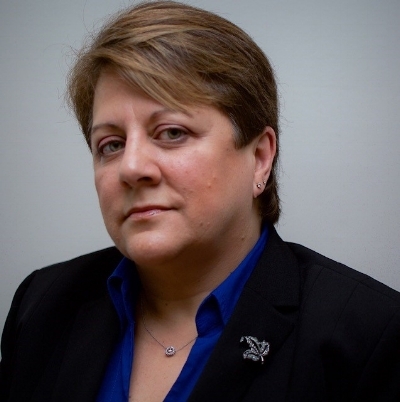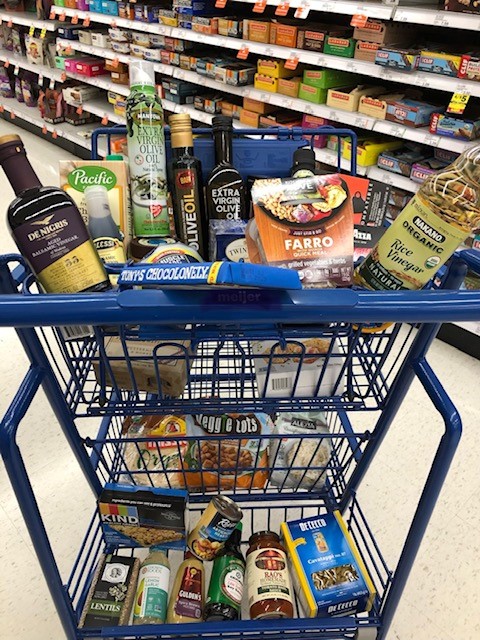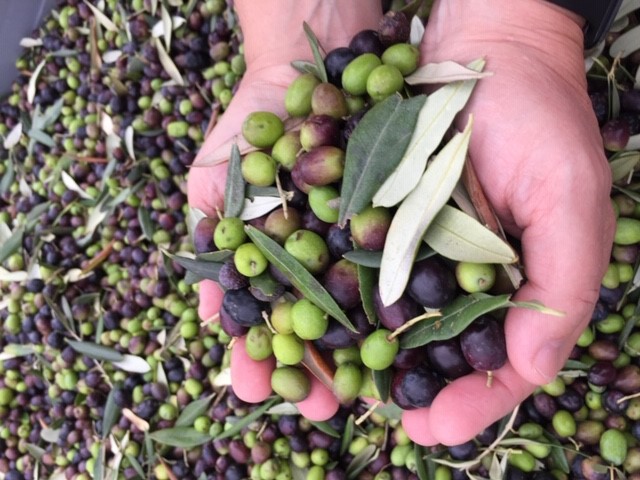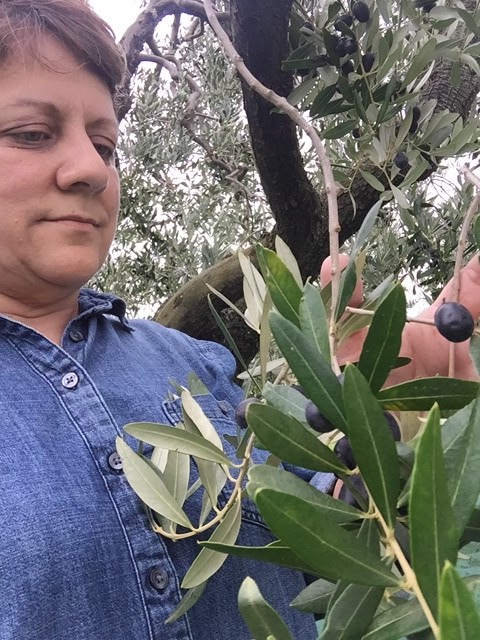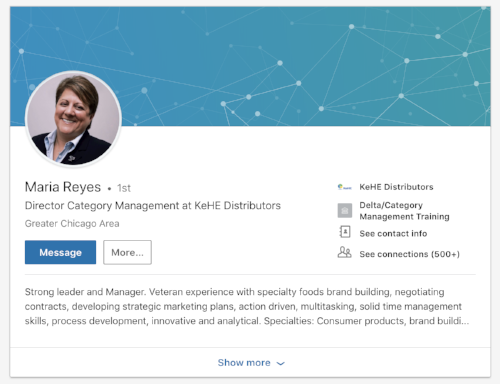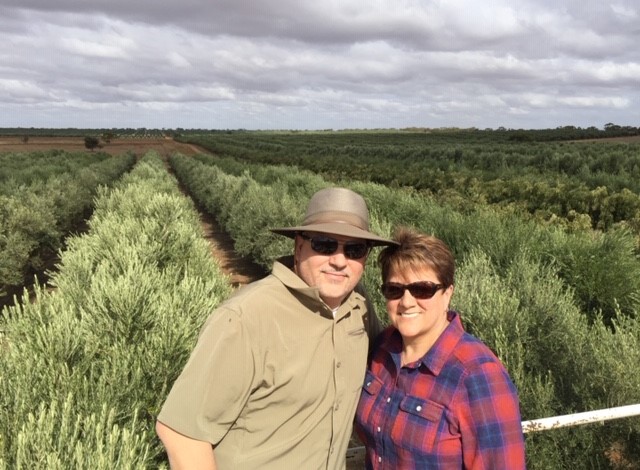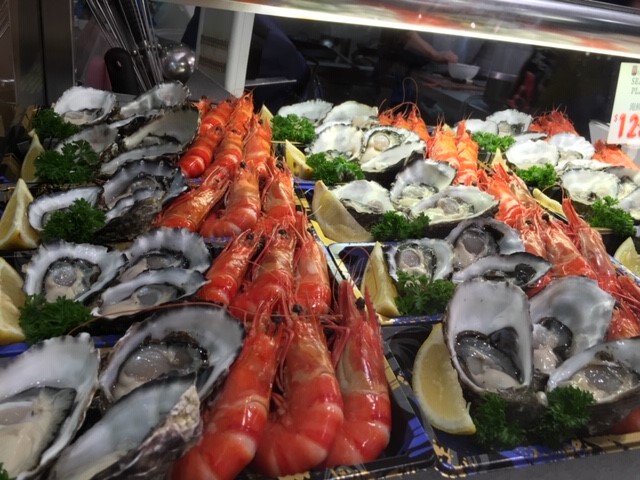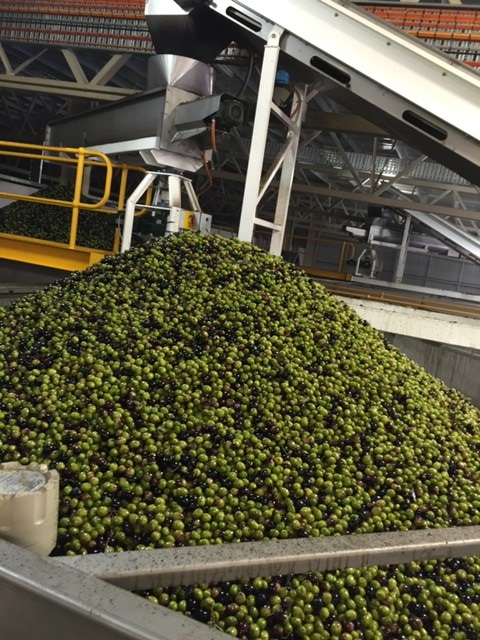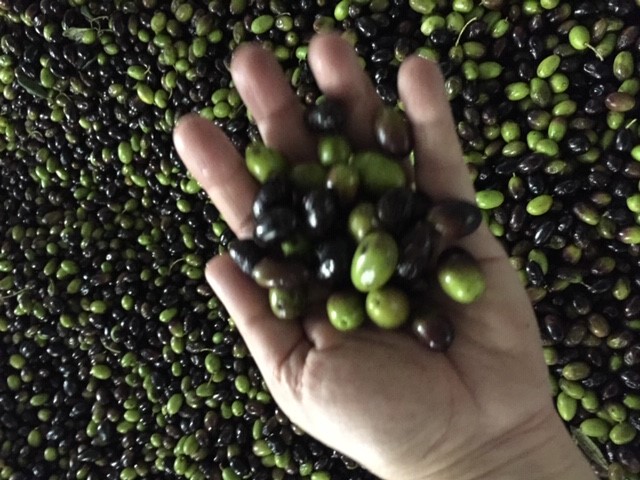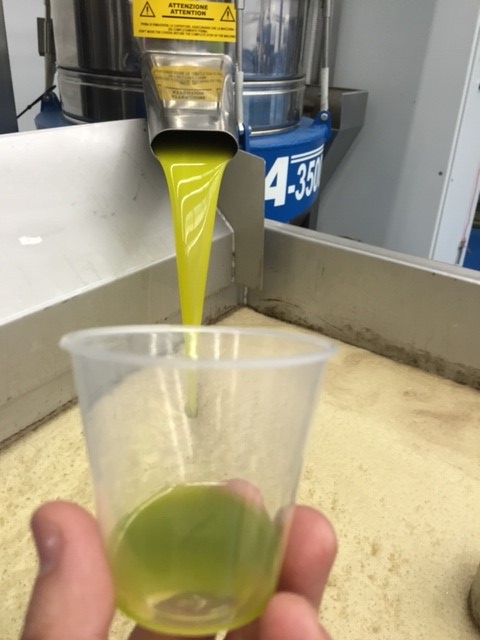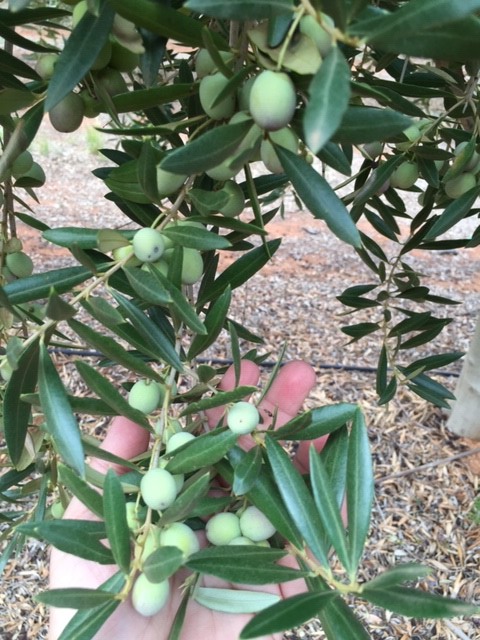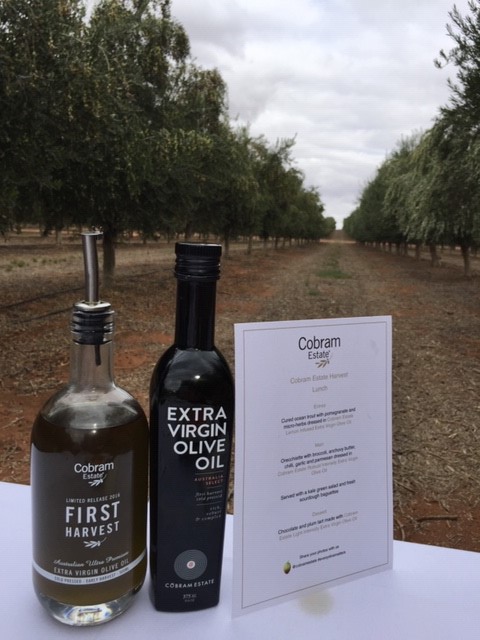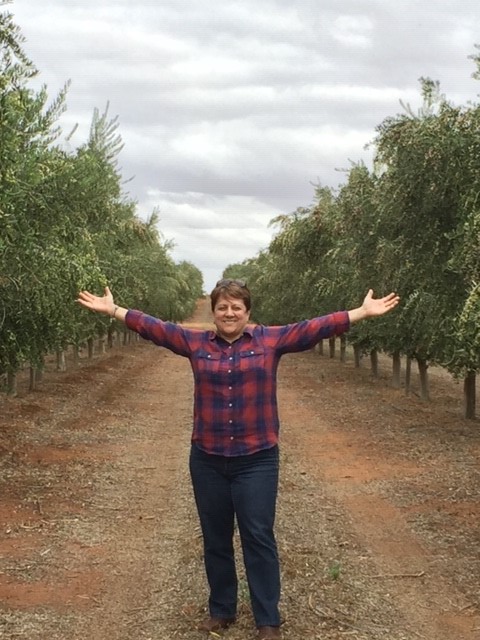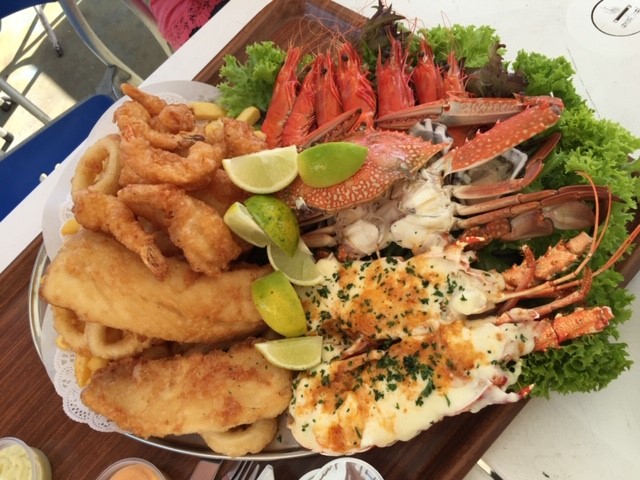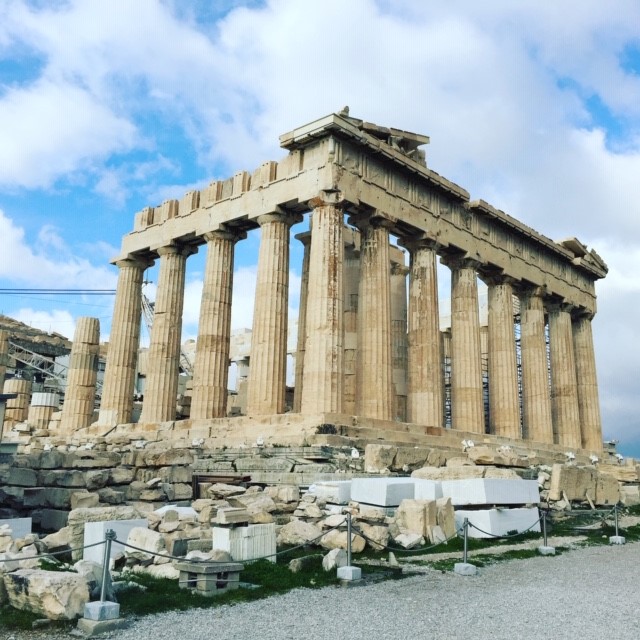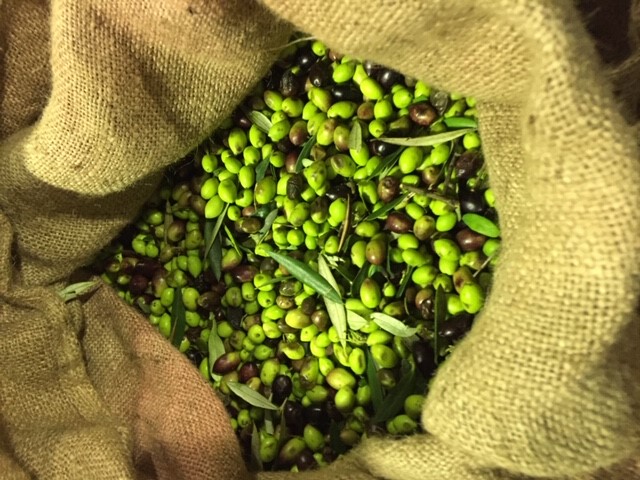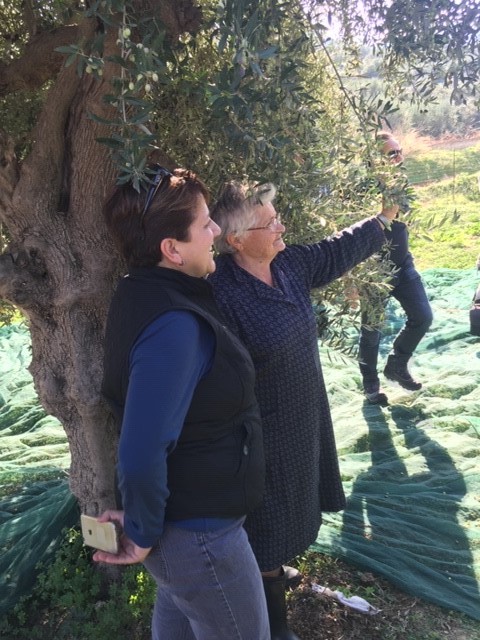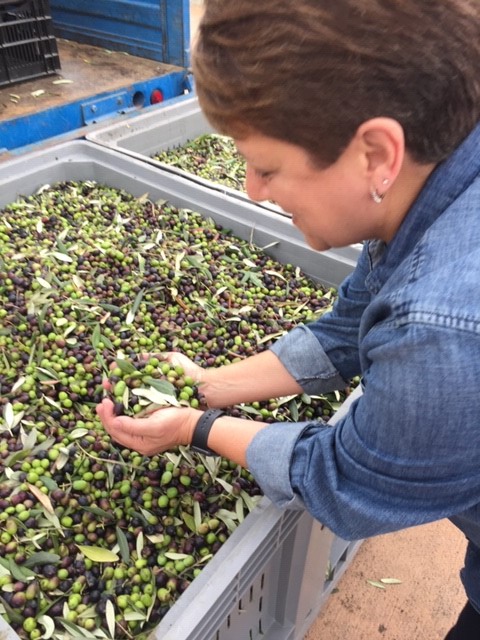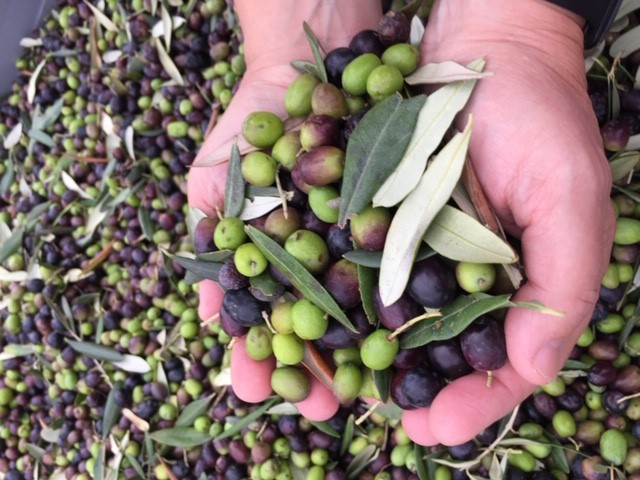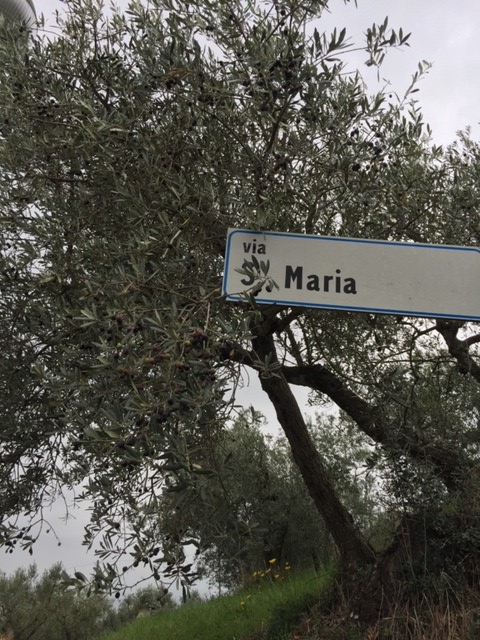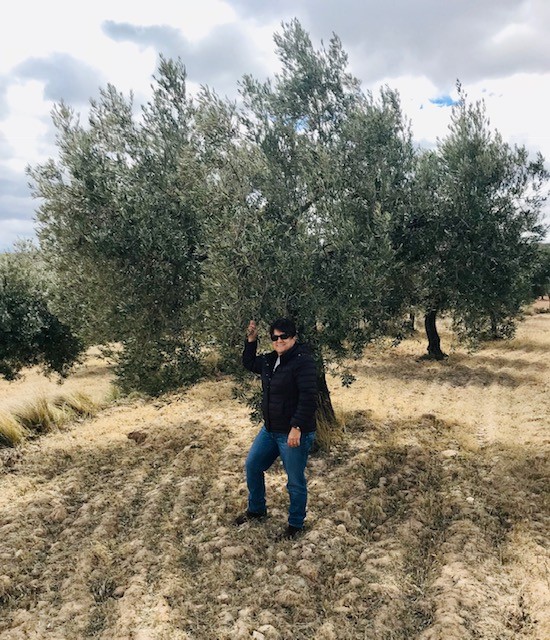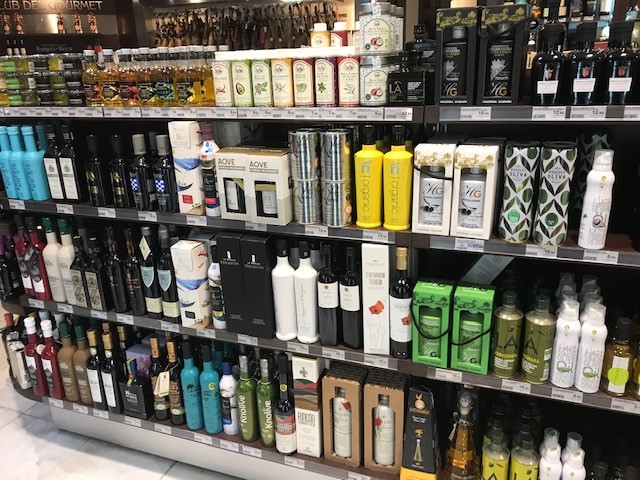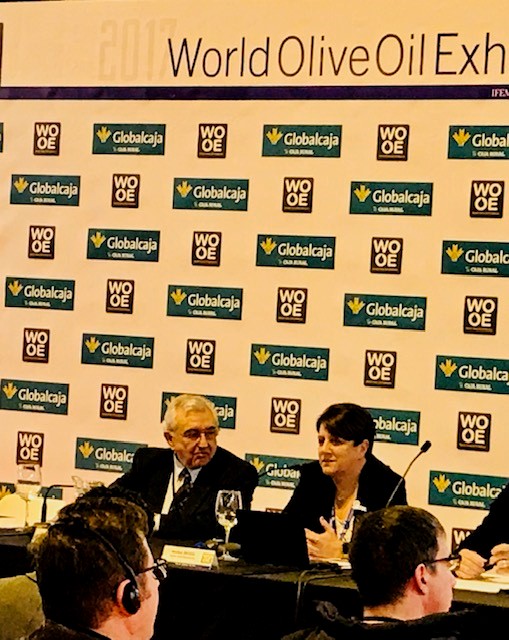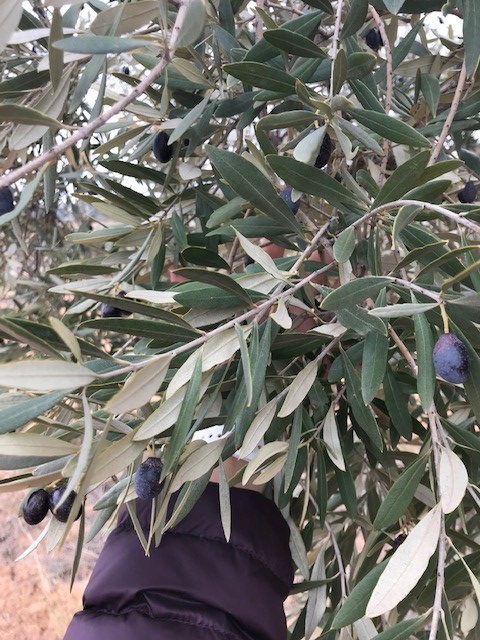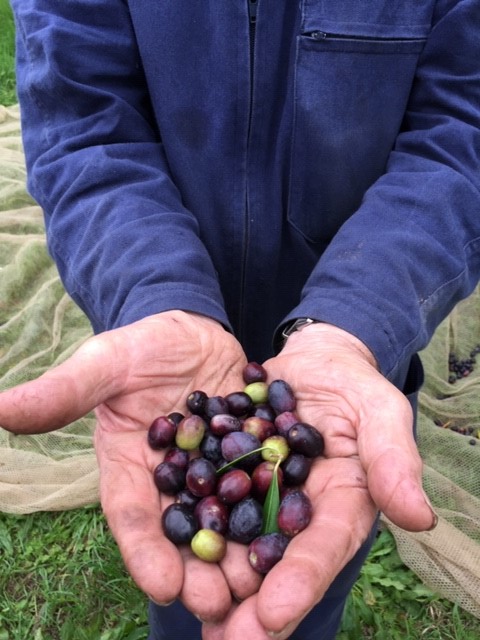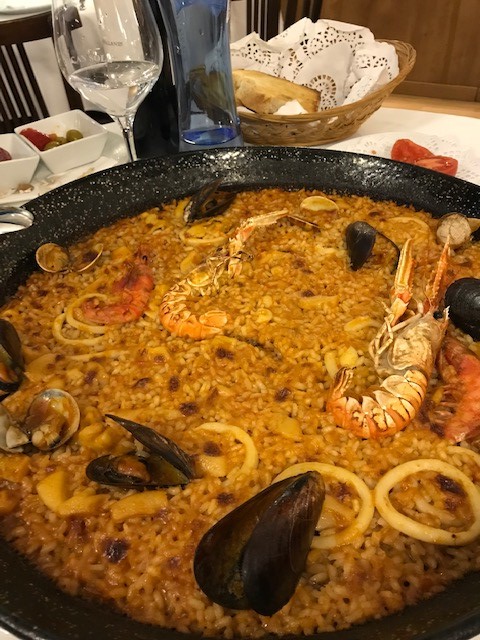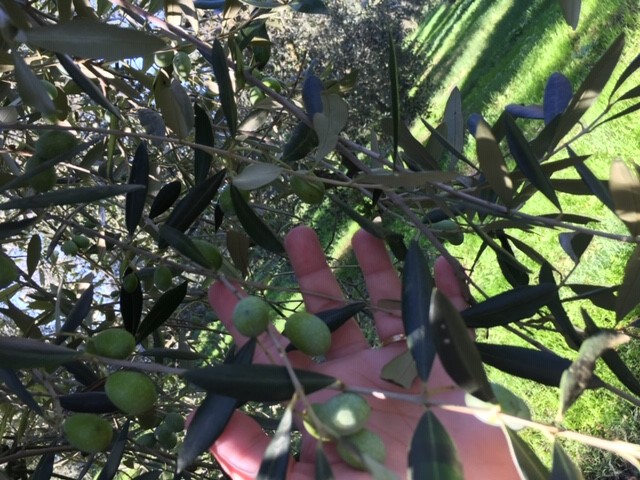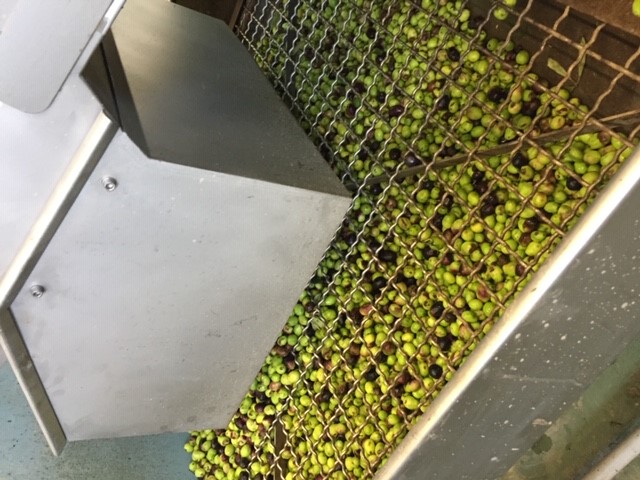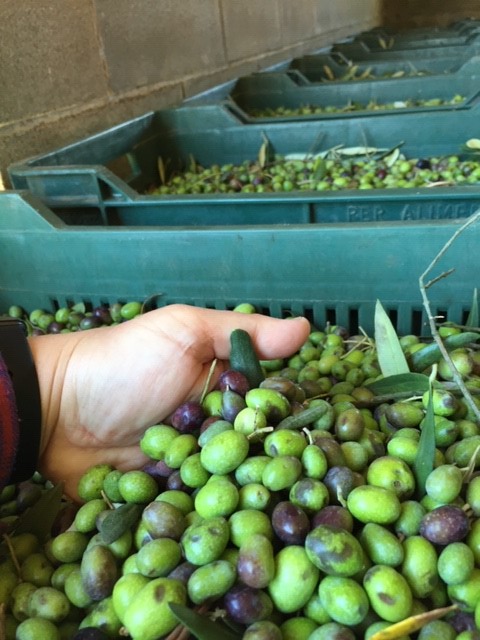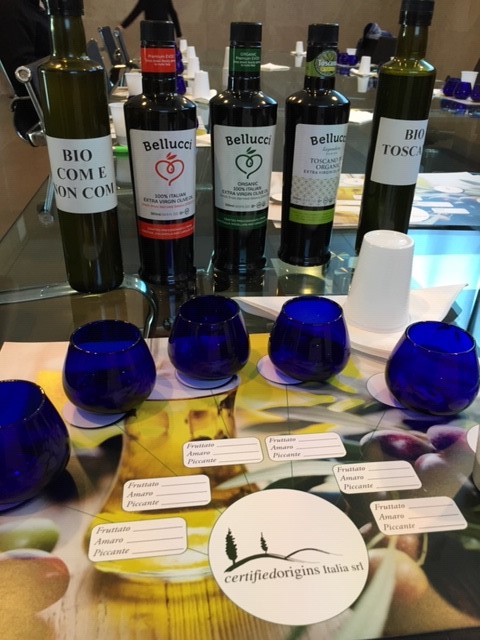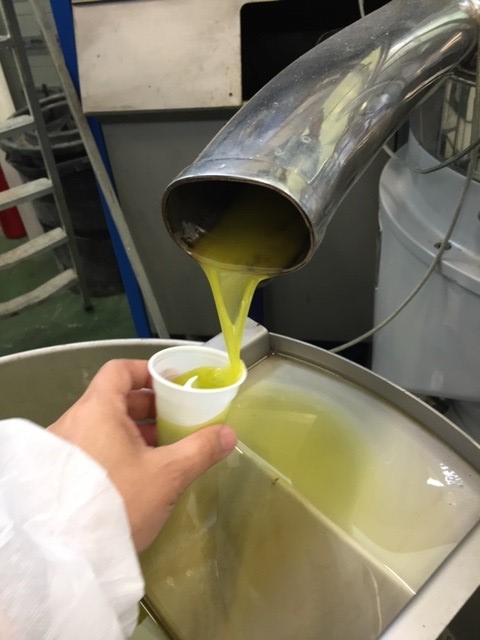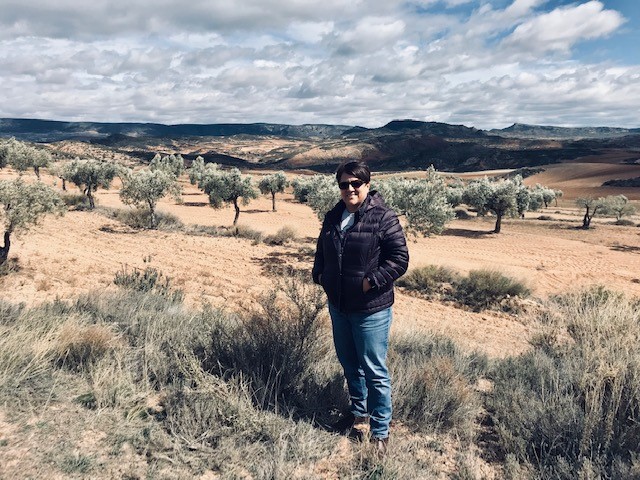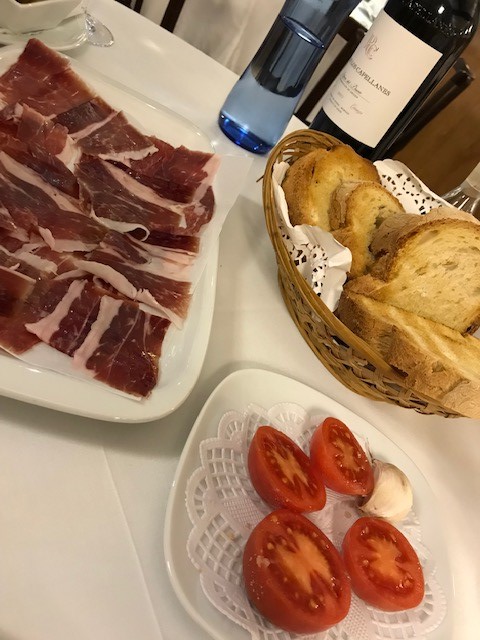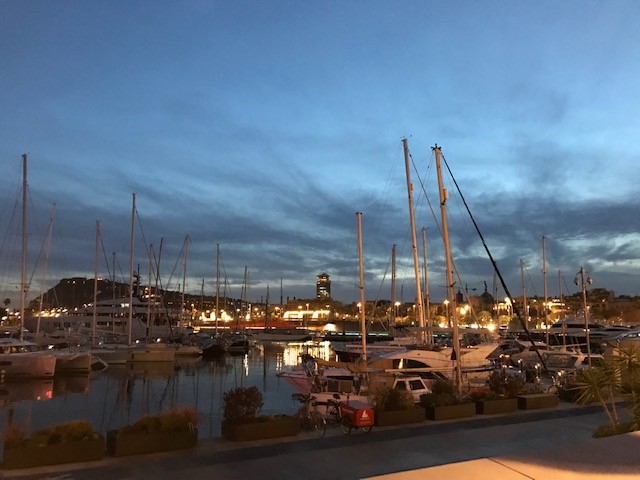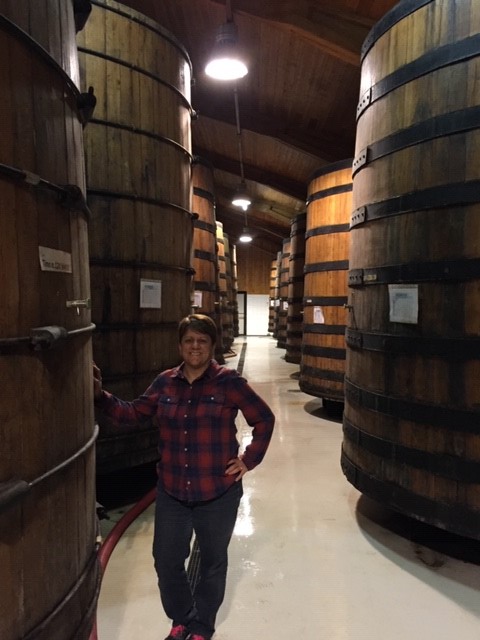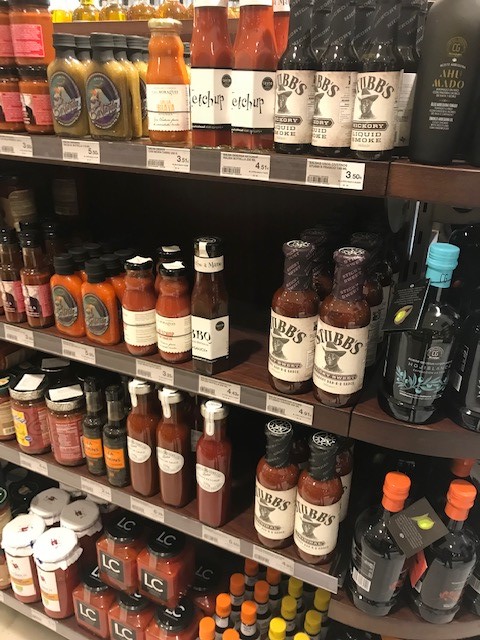#GETINHERCART’S EXPERT Q&A SERIES | Insight into the American Market from Leading Beef Exporter in Australia, Dalene Wray of OBE Organic
As part of our new #GetInHerCart Expert Q&A blog series, we are talking to some of our favorite industry experts around the world who share our curiosity for how consumers shop for natural products and what makes brands succeed in reaching them.
We recently had a chat to Dalene Wray, Managing Director of OBE Organic in Australia with offices in Brisbane and supplying grocery retailers around the world with their certified organic, grass fed and halal beef. If you work in Australia’s red meat industry, organic food industry or have ever been to Birdsville, you likely know or have heard of Dalene.
Not only does Dalene run Australia’s oldest producer of certified organic beef, she’s also a thought leader in all things beef, organic food, and sustainable agriculture. I’ve known Dalene since 2013 (when I had first moved to Sydney) and was one of my first clients in Australia and the first of my long string of meat industry clients. I was drawn to OBE given their forward-thinking around meeting the growing need of the halal food market around the world, a category I’ve heavily focused on here at Green Purse PR for nearly a decade now.
Having worked very closely with the OBE Organic team, I’ve seen first hand how Dalene works to build and grow OBE Organic’s business, but also contributes to making the entire Aussie beef and organic food industries of Australia better. If you follow Dalene on LinkedIn or Twitter, you’ll see her frequently sharing her knowledge at industry events around the globe and leading various working groups to support export growth, identifying ways to help beef producers flourish and championing diversity within agriculture, including reconciliation for Australian Aboriginal and Indigenous communities.
Continue reading below for our recent Q&A interview with Dalene, and thanks for reading our blog, #GetInHerCart.
— Lisa Mabe-Konstantopoulos, Founder & CEO, Green Purse PR
Dalene Wray, Managing Director of OBE Organic
Q. Given our work together, I know OBE Organic is unique in that is has built success in a variety of markets – from domestically there in Australia, to internationally in places like the USA, Canada, United Arab Emirates and Japan. When it comes to the American market, what do you consider your best asset as a brand?
A. “We’re successful in America because we’re consistent. We can provide certified organic, grass fed beef 52 weeks per year, 365 days; you can’t get that in the USA.” Dalene sees OBE’s offering as a compliment to American sourced beef products. She and her sales team focus on understanding the challenges or problems their target customers (grocery retailers) have and try to provide the best solution. Dalene suggests exporters focus less on how great their product is, and focus more on understanding their customer’s needs.
A lot of the American retailers are very large and therefore would require huge quantities. Dalene recommends “researching the retail landscape and recognizing what ability you have to deliver.” Dalene recommends exporters ask themselves, “do you produce small volumes just a few times per year or have a consistent supply? Determine which retailers are the best fit for your size, and ultimately identify, does your product or program solve a problem that the retailer needs to fix?”
Q. Doing business from afar could be challenging. Is it necessary to have an American outpost in order to effectively serve your customers? How do you and the OBE Organic team maintain your client relationships from the other side of the world?
A. Dalene says no; having a US-based office is not necessary, at least in OBE’s case. For OBE, America is an established market; they have a greater need for staff in their more emerging markets across the world.
While they do not have staff located in America, they do frequently come visit with their customers in-market, and have consultants (like Green Purse PR) here to work with as needs arise. Dalene stressed the value of working with partners and vendors who are based in the USA and know the market best. She recommends “having a suite of consultants at your disposal in the American market.” Dalene also says that the smartphone app, WhatsApp, (in addition to phone calls and emails) is a helpful way to stay in touch with customers on a regular basis.
Q. What types of partnerships, vendors or service providers might an exporter need to find in order to be most effective in the USA?
A. Dalene says having a logistics provider to clear your product through customs (U.S. Customs and Border Protection,) as well as an organization to help you manage currency risk (currency hedging) are some must-haves. OBE prefers to sell direct to customers (the retailer, instead of through a distributor,) and Dalene warns, of bringing over too much product to satisfy customers. “I don’t like to have storage; storing product somewhere means more insurance and cash flow challenges. Instead of renting storage space, I would rather airfreight product if I had to.” Instead, she recommends exporters start small with their orders, working to build volumes and relationships over time.
Q. Are there any specific niches within meat sold at grocery retail where brands can further innovate and shine?
A. “Deliver for the meat buyer. That means on time deliveries, open and transparent communication about any glitches in the supply chain. It also means letting them be the first to know of any problems in the supply chain. Get your customer the right product at the right time, working to know their business so well that you can almost predict and preempt issues.” Dalene says this comes by working super closely with the buyer — understanding their own KPIs, volume, and any ad or promotional programs their category participates in. Dalene warns that “buyers are always being courted by competitors,” but recommends being “so reliable that there is no reason why they would replace you.” In addition to providing outstanding organic, grass fed beef year round, OBE Organic has found that its focus on sustainability and animal welfare often give them an upper hand when pitching their organic beef program to prospects.
Q. When you’re pitching a new grocery retail customer, which product attributes or third party certifications are they telling you are most important for their shoppers?
A. They are looking for grass fed, and USDA organic. Dalene also notes that retailers are asking about regenerative agriculture and animal welfare.
Q. How important is it to understand the end user, the shopper, when pitching a new grocery retail account? How does OBE Organic get to know, or study, those shoppers?
A. Dalene says, “we need to know how to engage with the consumers on campaigns. Every country is different and every retailer is different.” OBE Organic relies on Green Purse PR for market and consumer insights globally, studying how consumers, like Millennial moms in the USA and UAE, shop for beef. Dalene says shop-along studies help the brand to understand things like the best type of content (like imagery and messaging) to communicate to their various consumer audiences. Insights learned through qualitative research also helps the brand keep a constant pulse on consumer behavior so it can best support its’ retail customers from a marketing perspective.
OBE Organic beef at Jimbo’s Naturally in California
Q. What kind of reputation do you believe Australia has here in the USA, amongst both retailers and end users?
A. Dalene believes Australian products enjoy a good reputation in the USA. Regardless if someone in America has been to Australia or not, they likely have a positive view of the country.
Q. Do you consider America a good market to do business in?
A. “Yes. America has a stable currency — a currency you can trust. It’s a sophisticated market with lots of retailers to choose from, sophisticated logistics and well-educated consumers. Australia also has very good tariff arrangements with the USA, which make it a very attractive market to do business in.”
Q. Without giving away your secret recipe of success in the USA, what are some of the things about OBE Organic that help position it for success in America?
A. “We’re authentic, farmer-owned, conduct our business with integrity, we’re very transparent, which our customers appreciate. We’re experienced in long lead times from the other side of the world, we can deliver 52 weeks of the year (most producers cannot) and we visit our key export markets frequently.”
Q. Given that I’m always studying the products that get into women’s trolleys (shopping carts) around the world, can you share some of the products that typically end up in your trolley?
A. “My family and I try to keep a ‘clean food’ diet — organic foods with clean ingredients and not processed. My shopping trolley often includes, organic eggs, organic beef, free range chooks (chicken,) non homogenized milk, organic flour, organic carrots. No sodas or fruit drinks; I’m the type of shopper who reads the ingredients labels.”
For those in the USA, look for OBE Organic beef in retailers like Fairway Market, Bristol Farms and Jimbo’s Naturally. And for more industry thought leadership from Dalene, follow her on Twitter at @dalwray and connect with her on LinkedIn at linkedin.com/in/dalwray.
